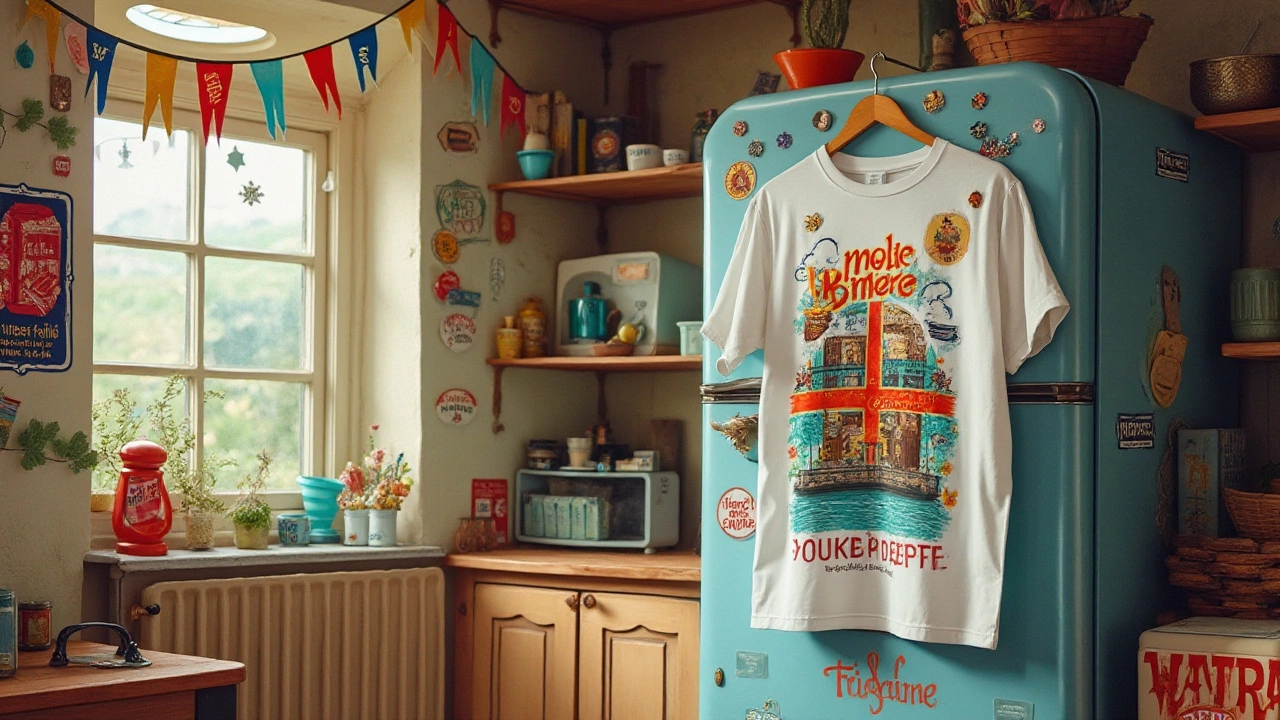British Slang: The Real Meaning Behind Everyday UK Terms
When you hear British slang, British slang refers to informal words and expressions that originated in the United Kingdom and are used in everyday speech. Also known as UK colloquialisms, it captures regional quirks, humor, and history. Understanding these terms helps you decode shop signs, fashion tags, and casual banter.
Take the word thong in the UK means a type of women's underwear, not the beach sandal you might expect, while the same footwear is called flip‑flops the casual sandal known elsewhere as ‘thongs’. In Canada, a bunny hug is slang for a hoodie, showing how clothing terms travel and change. These examples illustrate that British slang encompasses clothing terminology, requires cultural context, and influences how shoppers understand product descriptions.
Fashion‑focused slang doesn’t stop at underwear. Across the pond, many people ask whether “trainers” or “sneakers” are the right term – a debate that mirrors the UK vs US split on shoes. While the British typically say “trainers”, the US leans toward “sneakers”. That subtle shift can affect online searches, especially on sites like Nula Fashion Hub where you might filter by “trainers” to find the perfect gym shoes. The same applies to “hoodies”; some regions call them “bunny hugs”, highlighting how regional slang can shape product categorisation.
Beyond clothing, British slang touches everyday objects. A “brolly” is a light‑weight umbrella, a “cheers” doubles as thanks, and “mate” replaces formal address. Each term carries a story that reflects British life and social norms. When you recognise a phrase, you instantly feel more connected to the culture – a handy advantage when you read reviews, chat with customer service, or share a post on social media.
Why does this matter for your wardrobe? Knowing the local lingo lets you shop with confidence. If a UK description mentions a “thong dress”, you’ll know it’s a slip‑over garment, not beachwear. Spotting “bunny hug” in a product title tells you the item is a hoodie, so you can match it with the right accessories. In short, British slang acts as a shortcut that translates style, function, and fit.
What You’ll Find Below
The articles ahead dive deeper into specific slang topics – from the thong vs flip‑flop confusion to the latest hoodie trends, from trainer terminology to how British slang shapes online fashion experiences. Each piece offers clear examples, quick FAQs, and practical tips you can apply right now when you browse, shop, or chat about clothes. Keep reading to turn slang into a useful tool for your next outfit.
- Cleo Fairchild
- Feb, 3 2025
- 0 Comments
Unraveling the British Fridge and T-shirt Connection
Uncover the quirky British slang for a fridge and its surprising connection to t-shirt culture. Explore how everyday objects influence fashion, with tips on incorporating humor and cultural references into your wardrobe choices. Learn about unique British expressions and their impact on style trends.
